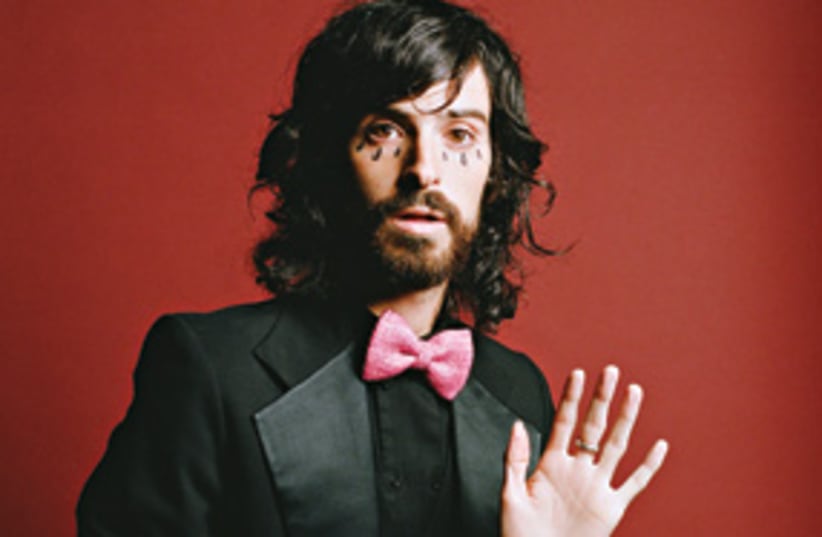Those who want to see Banhart inaction are in luck. Tickets are still available for his shows in TelAviv on June 16 and 17 – NIS 200 at the Barby Web site,tickets.barby.co.il.
The presence of greatness
Banhart sees Israel as a place for palpability.

Those who want to see Banhart inaction are in luck. Tickets are still available for his shows in TelAviv on June 16 and 17 – NIS 200 at the Barby Web site,tickets.barby.co.il.